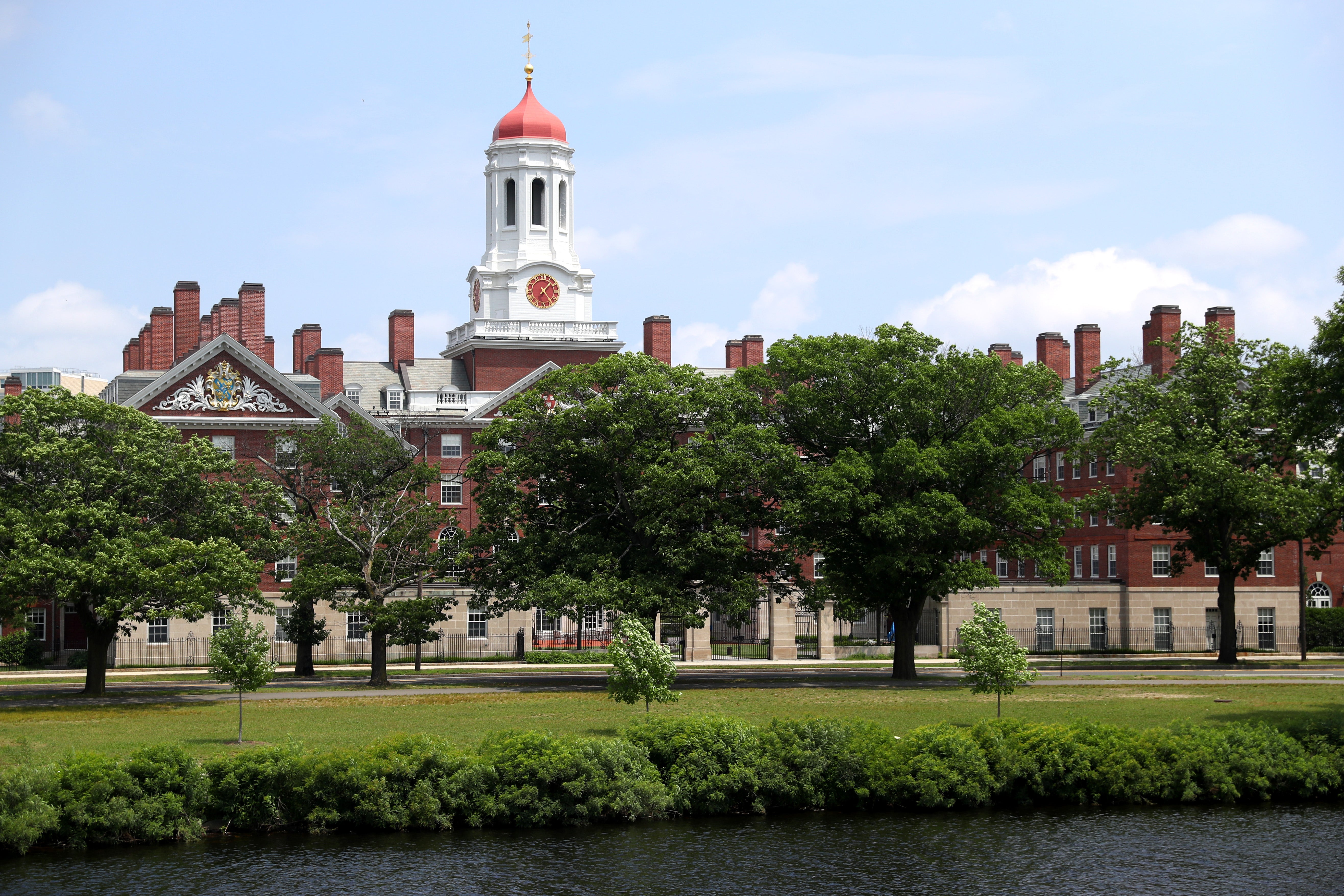Harvard commits $100m to study and redress ties to slavery
Exhaustive report reveals university’s ‘extensive entanglements with slavery’ joining US institutions examining their legacies of enslavement

Harvard University will commit $100m to study and redress the insitution’s ties to slavery, joining other US institutions examining their complicity in and legacy of enslavement, backed by multi-million dollar investments.
The announcement on 26 April follows a committee report addressing the university’s “extensive entanglements with slavery” and how enslaved people played a “significant part in our institutional history,” including labor from more than 70 enslaved people who supported faculty, staff, and Harvard presidents and enriched “numerous donors, and, ultimately, the institution,” according to a statement from Harvard leadership.
“Harvard benefited from and in some ways perpetuated practices that were profoundly immoral,” according to the statement, adding that the the university community bears “a moral responsibility to do what we can to address the persistent corrosive effects of those historical practices on individuals, on Harvard, and on our society.”
The committee report outlines several broad recommendations that the $100m will be used to help fulfil, including supporting descendants of enslaved people as well as Native communities and recognising the roles of enslaved people in the university through memorials and research projects.
The exhaustive report firmly recognises that the Massachusetts university – founded in 1636, and the oldest in the US – largely owes its massive wealth to leadership that made their immense fortunes from enslaved people’s labor.
It traces the history of enslaved people in the region and at the university, as well as a vestiges of racist violence and discrimination in its history.
The report’s extensive appendix lists more than 70 Black and Native American people who were enslaved by prominent Harvard figures, including past presidents, members of of its board, professors and others throughout the 17th and 18th centuries. Slavery was outlawed in Massachusetts in 1783.
Their names are listed by first names and the names of the people who enslaved them.
One 18th-century Harvard steward, Andrew Bordman, enslaved at least eight people.
Another list compiles the names of buildings, streets and other structures and landmarks recognising Harvard figures who enslaved people.
Five men whose fortunes came from slave labor accounted for more than one-third of donations and financial pledges to the university within the first half of the 19th century, according to the report.
Harvard also produced “race science” research and eugenicists in the 19th and 20th centuries, with work that included exploitative photographs of enslaved people in an attempt to provide scientific basis in white supremacist ideaologies.
Former university president Charles William Eliot, who led Harvard for roughly four decades until 1909, also pursued “race improvement” studies of student athletes. His successor, Abbott Lawrence Lowell, wanted a “whites only” community at Harvard, according to the report.
The university’s museum collection also contains human remains from people who are believed to be Native people and formerly ensalved people.
“Many of you may also be disappointed in learning painful truths about the history of an institution that you have come to know, respect, and even love,” according to Harvard president Lawrence S. Bacow’s letter to Harvard students and staff. “Let us learn from this report and work together to recognize and redress the injustices that it so carefully documents.”
His statement does not apologise for its violently racist history but instead calls on its community to “embrace [the truth] even when it makes us uncomfortable or causes us pain.”
Harvard joins several other major US institutions, including Brown and Georgetown universities as well as the University of Virginia, William & Mary and Princeton Theological Seminarty that have commited financially supporting attempts to redress their respective legacies of enslavement.
The group Universities Studying Slavery based at the University of Virginia lists roughly 90 members.
Subscribe to Independent Premium to bookmark this article
Want to bookmark your favourite articles and stories to read or reference later? Start your Independent Premium subscription today.

Join our commenting forum
Join thought-provoking conversations, follow other Independent readers and see their replies